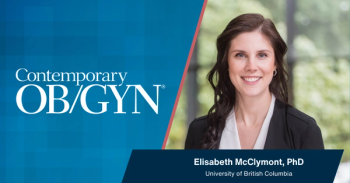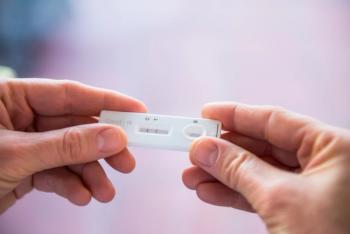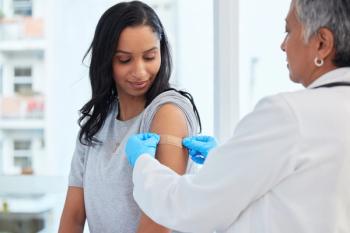
ACOG releases guidance to help physicians tackle vaccine misinformation
The American College of Obstetricians and Gynecologists (ACOG) has released resources to help its members fight the spread of COVID-19 vaccine misinformation, especially among pregnant people.
The American College of Obstetricians and Gynecologists (ACOG) is urging its members to help fight the spread of medical misinformation—especially when it comes to COVID-19 vaccination and pregnancy, according to a recently published guidance from ACOG.1
“The spread of misinformation and mistrust in doctors and science is contributing to staggeringly low vaccination rates among pregnant people,” ACOG writes.
The organization states members are reporting that they are “extending themselves in time-consuming and often creative ways to convert 1 unvaccinated pregnant person at a time.”
To help fight medical misinformation, as well as encourage vaccination against COVID-19, ACOG is asking its members to sign an open letter endorsing COVID-19 vaccination. The organization plans to share this letter with patients, policymakers, and the media to display the robust consensus among obstetrician—gynecologists. They are also urging physicians to continue to advise patients, including those who are pregnant, trying to become pregnant, or lactating, to receive the vaccine.
Both ACOG and the Society for Maternal-Fetal Medicine recommend that pregnant people receive the COVID-19 vaccine since pregnancy is a risk factor for severe COVID-19 complications, according to a
“As experts in reproductive health, we continue to recommend that the vaccine be available to pregnant individuals,” ACOG states in a February 4
When it comes to spreading misinformation about the vaccine, the Federation of State Medical Boards, the American Board of Obstetrics and Gynecology, and other organizations have released statements about the significance of medical and professional ethics, as well as the dangers of spreading vaccine misinformation. If physicians are found promoting false vaccine information, they are at risk disciplinary action, possibly including the loss of their medical licenses.
For obstetrician—gynecologists partaking in the spread of vaccine misinformation that violates the ACOG Code of Professional Ethics, physicians are subject to disciplinary action by the College, ACOG states.
More information and resources on how to stop the spread of vaccine misinformation can be found at
References:
1. Covid-19 vaccination, pregnancy, and medical misinformation: how you can help. Accessed October 12, 2021.
2. Acog and smfm recommend covid-19 vaccination for pregnant individuals. Accessed October 12, 2021.
3. Medical experts continue to assert that covid vaccines do not impact fertility. Accessed October 12, 2021.
Newsletter
Get the latest clinical updates, case studies, and expert commentary in obstetric and gynecologic care. Sign up now to stay informed.









